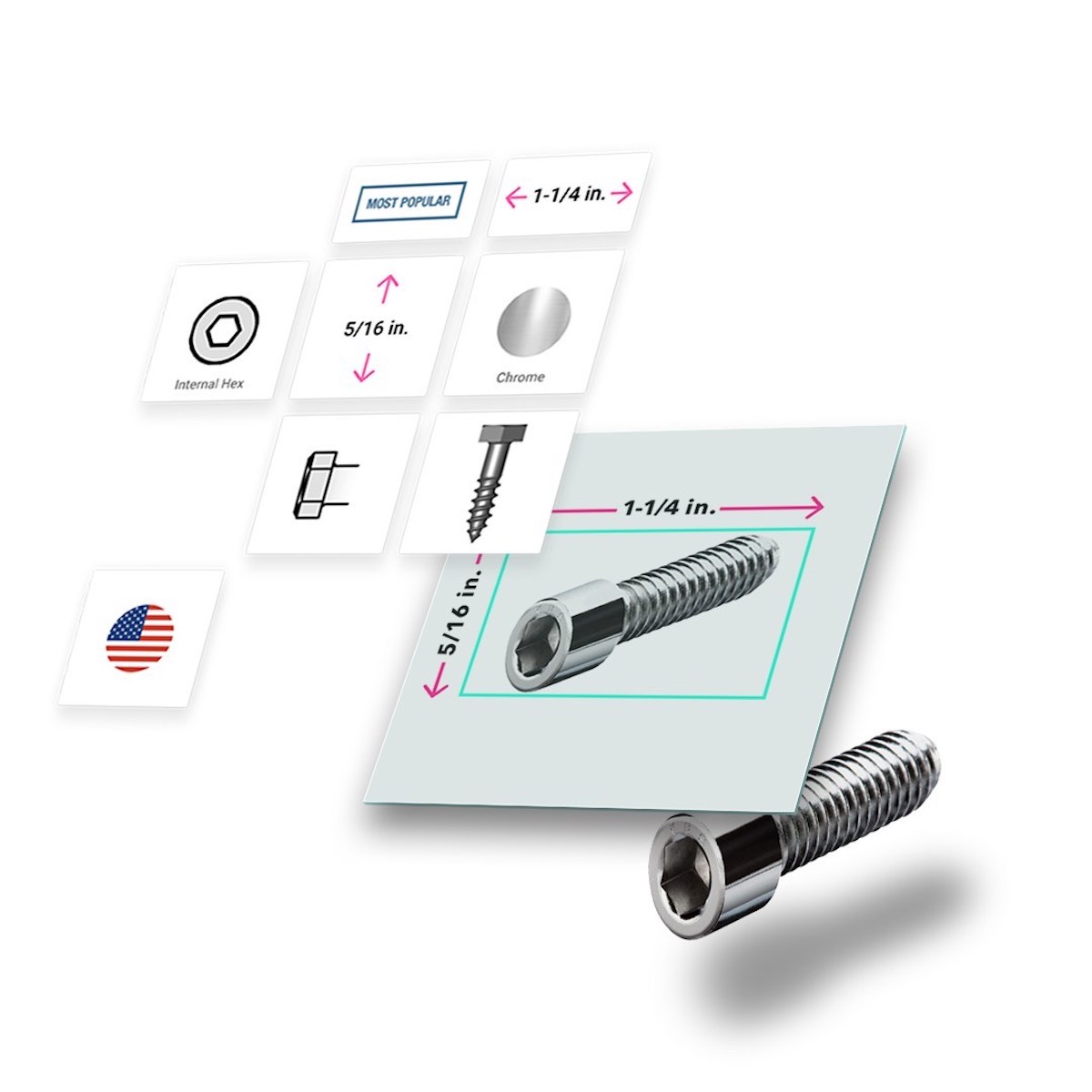Earlier this year, Technical.ly checked in with Center City-based Slyce, makers of visual search software, as it was piloting a new product: a part-finder kiosk meant for retailers like Home Depot.
But the Philly tech company was also quietly working on a bigger project — namely, acquiring Spain-based Catchoom, which specializes in cloud and on-device image recognition and augmented reality on print, logos, art and packaged goods.
And now, Slyce CEO Ted Mann said, the companies are merging with Austria-based Humai, which specializes in mobile computer vision augmented reality, to create a new company focused on part recognition called Partium.
“Slyce, Catchoom and Humai were each solving different pieces of the part search problem,” said Catchoom CEO and cofounder David Marimon in a statement. “By integrating the best capabilities from each, we can have the most complete and powerful solution. Together, we combine the tools to visually identify parts, collect training data, enrich metadata beyond customer’s own catalog information, and build embedded solutions. Whether you’re trying to identify a part in a warehouse or a store or a machine, we’ll have the end-to-end solution.”
The Partium platform will be the company’s flagship product and will bring all part-recognition solutions together, the companies said in a statement. The company will continue to support its customers outside of part recognition through its other products, like the Slyce SDK for visual search in fashion, grocery and home decor; CraftAR SaaS for image recognition and AR; and MagicLens for AR renderings in sales materials, trade shows and presentations.
Together, the companies employ about 90 people, all of whom will stay on board. No immediate hiring is planned, said Mann — who will become president of Partium — but it’s certainly possible in 2021. Marimon will become chief product officer and Humai CEO Philipp Descovich will become Partium’s CEO. The companies did not disclose financial details.
Last year, Slyce started to see an opportunity in part recognition, and identified Humai and Catchoom as having key components of a more complete solution, Mann told Technical.ly.
“We realized that by combining, we would be the dominant player in this field,” Mann said.
Humai also had the commercial traction in the industrial and manufacturing sectors, which would help expand Slyce’s market beyond just retail, he said. He’s had his eye on Humai for about a year as a leader in part recognition, and had been in touch with Catchoom for more than two years.
“We opted to merge versus outright acquisition because we were able to do so on an all-shares basis, enabling us to preserve working capital to continue investing in product and research and development,” Mann said.
Partium will be headquartered in Vienna, Austria with offices in Philadelphia, Barcelona and New Waterford, Nova Scotia. Slyce’s lead investor, Anzu Partners, and Humai’s lead investor, Berndorf AG, will be the two largest shareholders in the merged company.
Today we announced the exciting news that we’ve merged with @Humai_Tech and @catchoom to create https://t.co/BW5blgrrPx — the most complete AI and CV solution for Part Recognition. https://t.co/WRhv12mbie pic.twitter.com/IbgtbzC6FZ
— Slyce (@SlyceIt) November 10, 2020
Join the conversation!
Find news, events, jobs and people who share your interests on Technical.ly's open community Slack

Philly daily roundup: East Market coworking; Temple's $2.5M engineering donation; WITS spring summit

Philly daily roundup: Jason Bannon leaves Ben Franklin; $26M for narcolepsy treatment; Philly Tech Calendar turns one

Philly daily roundup: Closed hospital into tech hub; Pew State of the City; PHL Open for Business


